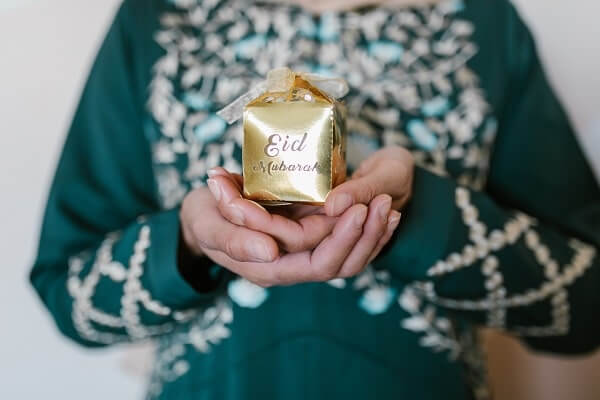There was a time when Eid meant taking a plane ride to Bangladesh and enjoying the fried delectables and booming adhans of Dhaka city in the sunsets preceding the big day. In those days, Eid clothes were picked under the strict guidance of mums and aunties, all the while playing with cousins. The night preceding Eid was for running to the neighbour’s house to have our hands hennaed. Eid day meant wearing freshly starched new clothes and getting crisp new notes as ‘eidee’ followed by warm cosy hugs and kisses from Nani. And then, there would be the plonking down to unceremoniously touch numerous feet to procure eidee from other adults.
Then came a time when Eid was preceded by a month of dawats where the families got together at each other’s homes, mosques and community centres and broke their fasts. A month in which school and fasting were completed in unison, where questions such as, ‘Not even water?’ found their beginnings. It all culminated in a frenzy of cooking and cleaning for that one momentous day when we would again don new clothes shipped from Bangladesh, smelling of the streets of Dhaka and filled with ur aunts’ love and our Nani’s blessings, a day when we shared our home-cooked delicacies with neighbours and friends who had become family.
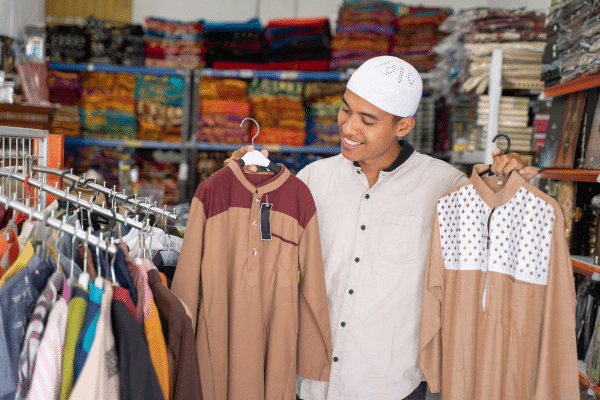
Now, Eid has taken on a deeper meaning. It is a day that holds more than the joy of donning clothes now ordered at the click of a button and cleaning the house and filling it with a mix of ethnic and modern cuisine. This is in most part due to all the mothers whose labour of love over stoves is evident on Eid, and all the fathers whose handymen skills are required prior to Eid. No matter what culture we come from, our mothers have the same knack for making ‘the best food’ and our fathers for drawing people together. In the same way cupcakes and shemai entice side by side on our table, my acceptance of Eid and its associated activities holds hands with a new found appreciation of the reasons behind the festivities.
Fasting
To understand and appreciated Eid, a culmination of a month’s efforts, the month itself needs to be understood. Like all major religions, Islam asks its followers to abstain not merely from food but from distractions for a regulated period as a beneficial practice. The Holy Quran states,
O ye who believe! Fasting is prescribed to you as it was prescribed to those before you, that ye may (learn) self-restraint. (Fasting) for a fixed number of days; but if any of you is ill, or on a journey, the prescribed number (Should be made up) from days later. For those who can do it (With hardship), is a ransom, the feeding of one that is indigent. But he that will give more, of his own free will, it is better for him. And it is better for you that ye fast, if ye only knew. [Surah Baqarah: 183, 184]
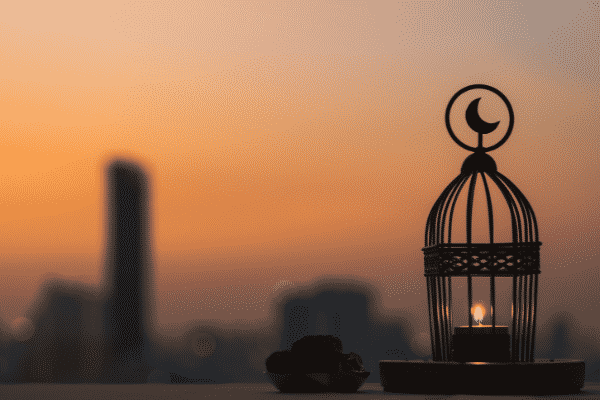
The verses allude to the wider requirements of fasting such as charity and self-restraint in addition to the health benefits of intermittent fasting which we are still discovering. The creation and subsequent popularity of the 5:2 fast diet, the experience of non-Muslims who fast and are surprised when they end the day without being hungry and with ‘just a slight headache’ are seeds of proof that are garnering belief in a practice Muslims follow with blind faith. Fasting is also abstinence from daily distractions and the negativity of bad practices we indulge in throughout the year.
READ ALSO: Eid Ki Mehfil
Ramadan is the Muslim month of detox and Eid is the day we celebrate successfully completing the detox program. Fasting is about regulating our excesses and becoming both physically capable as well as spiritually improved. The efforts of the month result in an Eid that is a celebration of the improvements we make on ourselves and the hope that we can maintain the good practices we’ve adopted till the next detox month.
Fasting allows us to broaden our perceptions and empathise with others who cannot enjoy the privileges of food and shelter we take for granted.
When our world view broadens, our problems become smaller and we have time and scope to acknowledge and address the problems of others.
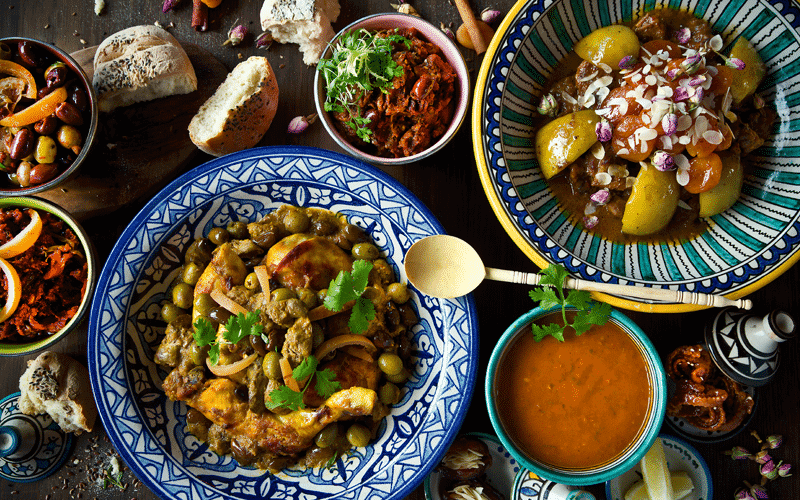
Charity
Ramadan is a time to give generously to charities at home and abroad and to share what we have with the less fortunate. Many charities have focused campaigns to collect and distribute food, clothes, gifts and other necessities to the poor, needy and sick in Australia and abroad.
Now in its 9th year, Mission of Hope collects gifts from the community during Ramadan to re-deliver these gifts back to hospitals, asylum seekers, foster care children and the elderly. Eid is a culmination of this as well. A day when Muslims all over the world cross-cultural, social and geographical boundaries to celebrate and give together.
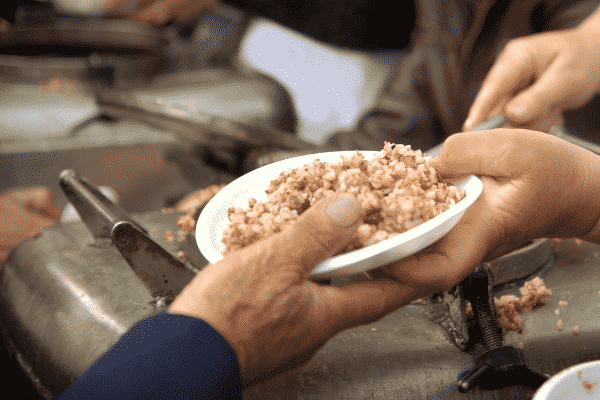
Community
In Sydney, the mood is felt acutely in places like Lakemba and Auburn (Meadow Heights, Springvale and Coburg in Melbourne) where stalls and shops are open all night and cater to the fasting masses as well as curious visitors. The party atmosphere is a celebration of our shared cultural heritage and a celebration of what being Muslim as well as Australian is about. Equality, humanity and shared acceptance of each other. If you want to know what Eid is about, go to a mosque and simply smile at someone. I guarantee they will smile back, offer you food and regale you with stories, advice and some more food.
Eid Mubarak!
READ ALSO: Ramadan: Iftaar buffets and meals in Sydney and Melbourne
Link up with us!
Indian Link News website: Save our website as a bookmark
Indian Link E-Newsletter: Subscribe to our weekly e-newsletter
Indian Link Newspaper: Click here to read our e-paper
Indian Link app: Download our app from Apple’s App Store or Google Play and subscribe to the alerts
Facebook: facebook.com/IndianLinkAustralia
Twitter: @indian_link
Instagram: @indianlink
LinkedIn: linkedin.com/IndianLinkMediaGroup



